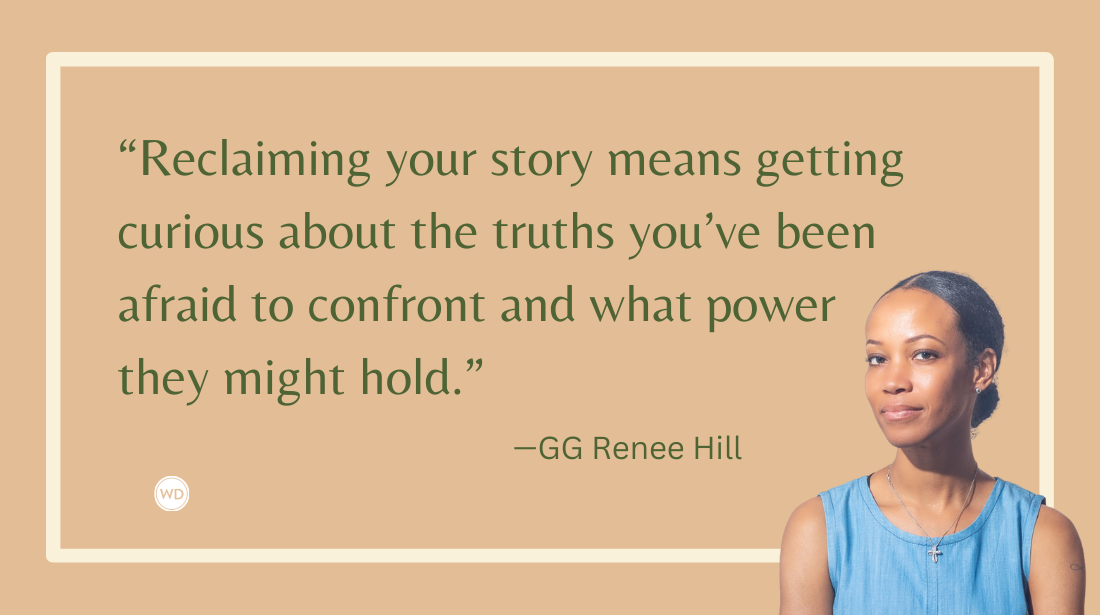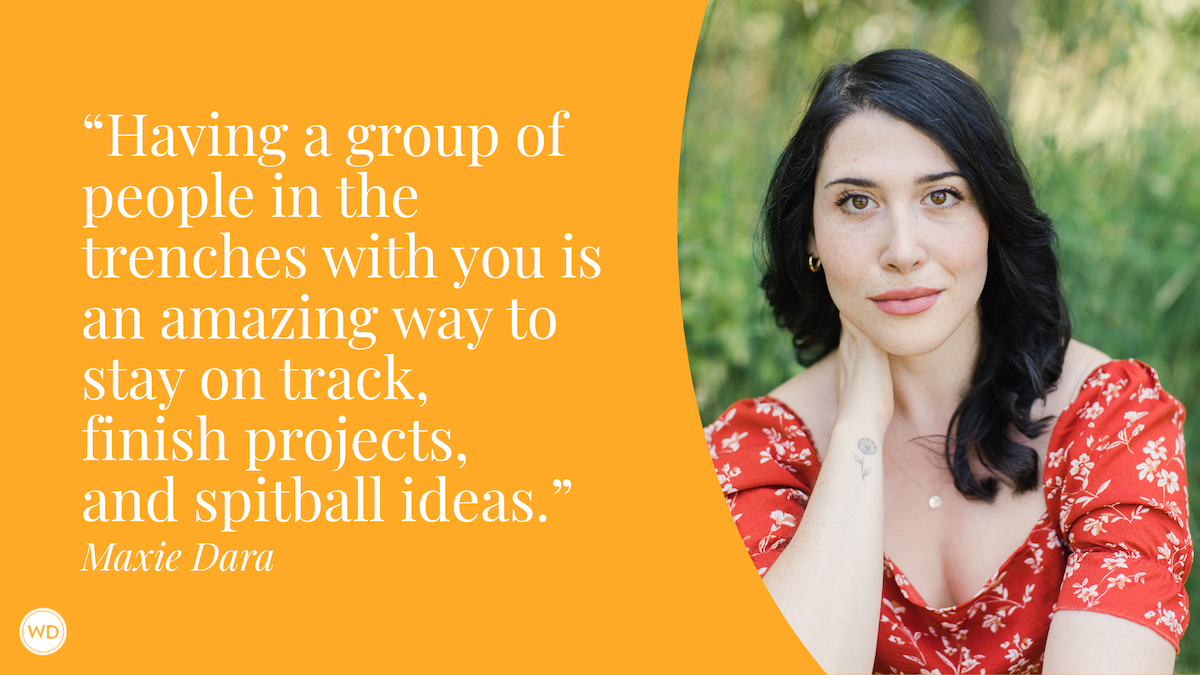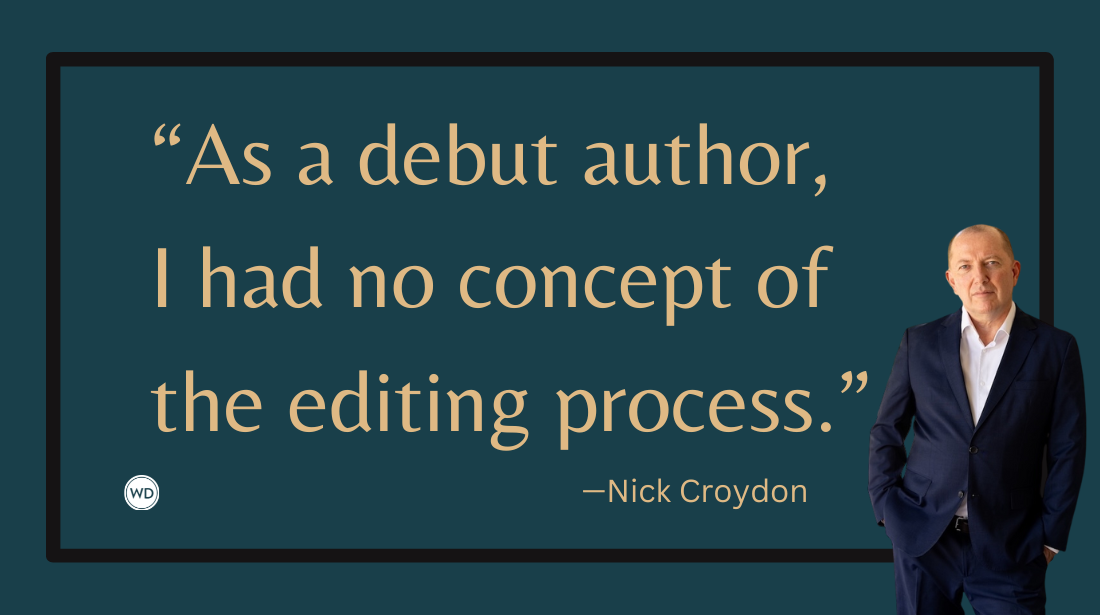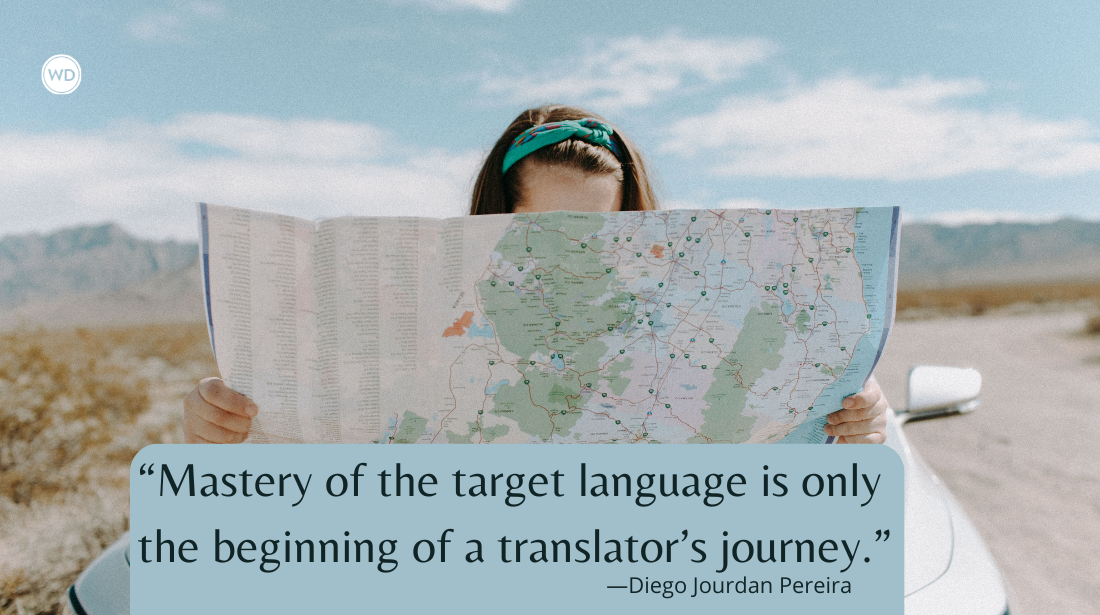3 Quiet Fears that Stop Writers from Writing
How various artists can be used as jumping off points for examining difficult feelings, and ways of getting them to power your writing project rather than halt it.
An eighty-plus-year-old friend of mine is on a one-woman campaign to eliminate the word “iconic” from public discourse. She’s got a point. But my own current choice for vocabulary to vaporize is “creative”, as in “I can’t write or make art because I’m not creative.” I suspect that creativity is simply a slightly more desperate form of problem solving, and its presence or absence is not likely what’s making it hard for anyone to write well. My father, the writer Bernard Malamud, used to say that his success was 10 percent talent and 90 percent effort.
***********************************************************************************************************************
Guest post by Janna Malamud Smith, author of four books, My Father is a Book: A Memoir of Bernard Malamud, A Potent Spell: Mother Love and the Power of Fear, and Private Matters: In Defense of the Personal Life. Her most recent book, An Absorbing Errand: How Artists and Craftsmen Make Their Way to Creative Mastery, explores the psychological obstacles artists face in their creative process. Her titles have been New York Times Notable Books, and A Potent Spell was a Barnes & Noble “Discover New Writers” pick. She has written for The New York Times, Boston Globe, and the Threepenny Review, among other publications. A practicing psychotherapist, she lives with her husband and two children in Massachusetts. For more info, please visit jannamalamudsmith.com.
***********************************************************************************************************************
Remembering him and his ways has helped me understand that people stop writing––stop trying, stop practicing, stop revising, stop making the huge effort it takes to get good––because they trip over unconscious fears that lie like rakes across their paths, and they go splat, and it feels awful, and they figure the game’s up, and that they have no talent or they’re not “creative” enough. Of course, that’s a simplified version of my thoughts. And, of course, I recognize that many current circumstances––from the pressures of the Internet/social media revolution to the pressures of a terrible recession, and the competition in the arts & entertainment marketplace––have a large impact.
What especially captured my attention as a psychotherapist, and the focus of my new book, An Absorbing Errand: How artists and craftsmen make their way to mastery, are the quiet fears that derail people as they try to learn to write or make art. I am quite certain that IF you can stay in the game, your creativity will often prove adequate to your task. But the difficulty comes from learning how to recognize and tolerate your fears, so they don’t lead you to prematurely throw in the towel.
In my book, I examine the lives of various artists––from John Keats to Charlie Chaplin to Leni Riefenstahl to Julia Child to Michael Jackson––and use them as jumping off points for examining difficult feelings, and ways of getting them to power your writing project rather than halt it.
Just in Time: Christmas & Holiday Gifts for Writers
1. Fear of Being Seen
For example, there’s the fear of being seen. Of course, if some part (or parts) of you didn’t want to be “seen,” or heard, you likely wouldn’t write. Most people are drawn to writing because they want to express themselves, to have their say; and they want other people to pay attention. But that wish for attention tends to be ambivalent, and is often closely paired with a profound sense of terror at the notion of being recognized by eyes you imagine as belonging to “the enemy.” It’s no accident that so much energy in the natural world goes to camouflage. Recognition , as in, “I recognize you” carries two very different connotations. One refers to feeling seen with loving eyes, and appreciated. The other, carries more of the feeling of being recognized as prey to be eaten. It’s life and death. Often times, as we write our way into areas where––without any conscious awareness––we start to write about feelings or subjects that either feel disloyal to people we love, or perhaps were somehow prohibited in our upbringing, we start to fear that we will be “recognized” in this frightening way. Inner voices get going, hoping to distract us, telling us we’re stupid or evil or inept at writing. I know someone who stopped working on a family memoir because he couldn’t imagine letting the world “see” the portrait that was emerging. I imagine he unconsciously felt guilty about his portrayal and feared being judged and criticized by family and community. The first step in dealing with the fear (and with all fears) is simply to recognize IT.
2. Fear of Being Humiliated
Closely related to this first fear, is a second of being shamed or humiliated. You write your heart out, and put what you’ve written out in the world, and everyone points at you and shakes their heads in dismay, or outright laughs. You are pathetic or disgusting or over-reaching. Or so your fear of humiliation suggests to you. Shame is one of the most hard-wired, deepest feeling states we have. It’s universal, and likely it was incredibly useful in the distant past when we were more immediately dependent on our tribes and kin for our well being. Shame is the way we collectively seek to eliminate behavior that endangers or harms the group. (Shame on you for making eyes at your sister’s boyfriend.) But for individual artists, writers – and people in general, shame is a much more ambiguous – and often useless-cum-destructive feeling. My hunch is that the fantasy of being shamed, of feeling profound public humiliation, stops more people in their tracks more quickly than any other feeling. Once again, awareness helps. But one good antidote to shame I discuss in the book is surrounding yourself with a group of friends, colleagues, perhaps fellow artists, that meets regularly , appreciates you, and helps you laugh off the shame states as they emerge.
3. Fear of Aloneness
The third fear is the fear of feeling the profound aloneness that can come with writing and other solitary artistic endeavors. Solitude is often a critical phase of art-making. People need privacy not only to concentrate and to be able to spend time deep inside their own minds and psyches. They need it so that they aren’t forced to reveal their work when it’s unready and too vulnerable. There’s nothing worse than having someone comment negatively upon (and even a slightly raised eye-brow can feel crushing) something that is only begun – or half-finished. On the other hand, we have so romanticized artistic solitude, that we don’t prepare people for how lonely it can be, and how hard it can be to tolerate that loneliness. So, a good first step is to change your expectations about how much time alone is really healthy for your work. Maybe your solitude is too solitary, and that profound aloneness has to be tempered before you can succeed.
I hope you read An Absorbing Errand. I know that if you do it will help you overcome the obstacles that hinder mastery. Good luck!
************
Follow me on Twitter: @BrianKlems
Enjoy funny parenting blogs? Then you’ll love: The Life Of Dad
Sign up for my free weekly eNewsletter: WD Newsletter









